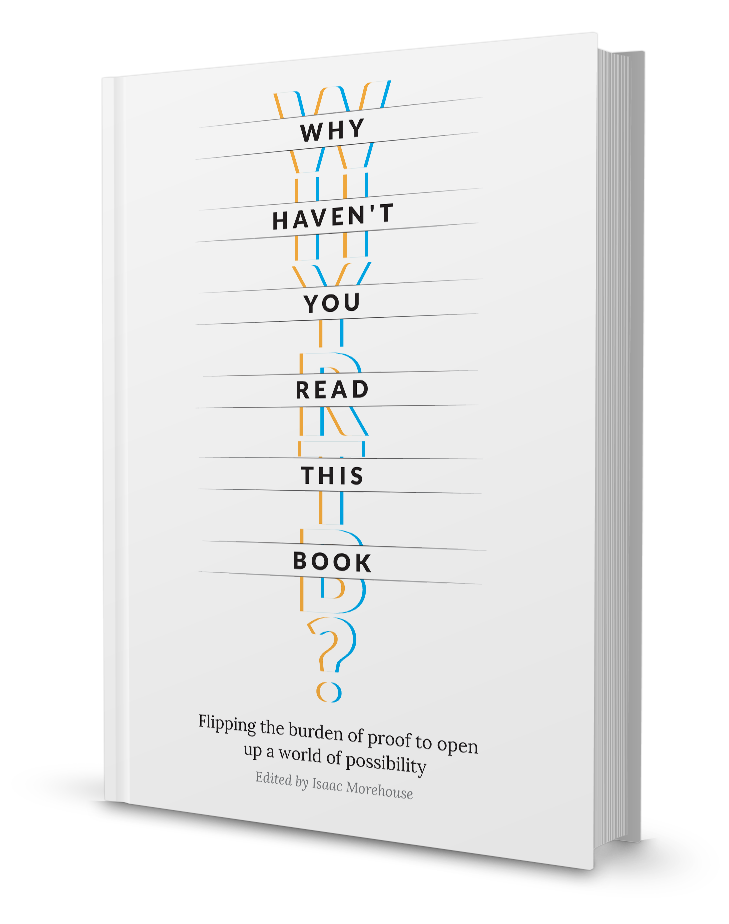There was a small tree, not more than a seedling, which sprouted up in a lovely meadow. It was an unlikely place for the tree to grow, as its progenitors and siblings were all growing in the wood around it. Yet somehow, perhaps on strange winds, a seed nestled into this meadowed soil and took root.
The tree was a bit smaller than average, but it didn’t mind. Its roots kept growing deeper, and happily taking in the pure ground water below and bright sunshine above. Some say this lucky little tree grew over a special aquifer, separate from the less predictable water table that fed the wood. Whether true or not, it is undeniable that this tree, small though it was, had a kind of radiance that drew all manner of creatures to it, even before it produced fruit or large branches in which to nest.
Though the solitary position in the meadow gave some advantages to the little tree, it also came at a cost. One harsh winter in particular, which seemed to last well into spring, the little tree was exposed to the constant ravages of a bitter frost. The tree was yet so young and tender that it hadn’t developed the bark to protect it from such conditions. It lost just a little of its former brightness, and some of its smaller branches died before they were able to produce buds and leaves. The little tree looked weathered and withered.
But spring did come, by and by. It turned out to be a particularly long, gentle spring. And that well which fed the little roots seemed to refresh it even more than before. And the little tree grew.
That little tree, though still smaller than average, seemed to gently tower above the meadow. It, more than any other tree, attracted birds and bees and creatures of all kinds, perfect and imperfect, under its branches and sheltered in its shade. Sometimes they scratched its bark a bit too hard, or ate its fruit a bit too eagerly, but the little tree didn’t mind. Its roots grew deeper.
That long dark winter now a distant memory, the little tree seemed in constant sunshine, constant happiness, and, over-eager creatures and all, constant companionship. Then came the night.
A fierce, unrelenting lightning storm, the likes of which neither wood nor meadow had ever seen, rained down upon the little tree. Bolt after bolt struck it in rapid succession. Razorlike rain and pellets of hail battered the leaves and violent wind shook the very trunk. Then darkness.
The sun did come up. It seemed to the little tree it might never rise again, but it did. In the light of day the damage of the great storm was visible. The little tree was split in two, right down the middle. The lightening had made quick, merciless work of it.
I suppose you have heard, or read in books on botany and arbor tricks, of extraordinary trees so damaged that were mended and yet survived. This little tree is one of them. Half the branches the lesser, half the trunk an idle weight stretched across the meadow floor, nearly detached in full, yet the little tree grew. Its roots were unharmed. They dug deeper. Some say such storms, if insufficient to destroy the tree, will so strain its fibers as to make it thereafter impervious to catastrophe.
The tree grew. It produced fruit. Its fallen half even began to come to life once more. The little tree channeled some of its water and sunlight to the downed branches still connected, and they, too produced fruit. The tree produced so much fruit it was the wonder of the wood. All was right again.
But the thing about fruit is that it needs time to grow before it can leap from the branch or be plucked. On the whole, the fruit ripened and fell, or was happily carried off by thankful creatures. Except one beautiful, shiny little fruit. It was still green. In the broadest of day, when trouble seemed something only of the past to the little tree, this small fruit broke from the branch and fell to the ground. Trees do not feel at peace if even one unripe fruit falls before its time. The days were again dark.
Yet, as always before, the little tree started again to grow. More slowly, more deliberately, and yet more beautifully than ever. And something else happened. That little fruit so early fallen shed its seeds into the soil and they took root. Beneath the little tree, which was by now a very great tree, grew a small sapling, the memory of that beautiful lost fruit.
As you may have guessed, the meadow is by now famous as the tree that made it so. The little tree that found its own place, drank deep of pure waters, absorbed unfiltered light, and grew and grew. The little tree that provided shade and shelter, fruit and branch, beauty and peace. The little tree that withstood the coldest winter, the fiercest storm, and the saddest loss.
The wood progressed through its predictable patterns, but the little tree in the meadow took the most unlikely course. That little tree, some say, will be the source of a great forest, bigger and greener than any before. I am inclined to believe them.
Written in honor of my mother, Karen Morehouse. Painting by Heather Morehouse.

